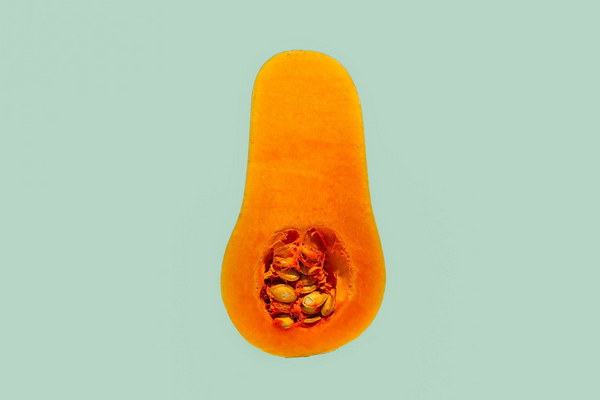Why Pork Liver is Not the Key to Liver Health Debunking the Myths
Introduction:
When it comes to liver health, it's natural to assume that consuming liver, such as pork liver, would be beneficial. After all, it's rich in nutrients, right? However, this belief is a myth, and consuming pork liver may not be the best option for maintaining liver health. In this article, we will explore the reasons why pork liver is not the key to liver health and what you should focus on instead.
1. High in Cholesterol:
Pork liver is one of the highest sources of cholesterol in the animal kingdom. Cholesterol is a fat-like substance that is essential for the body but can become harmful when consumed in excessive amounts. High cholesterol levels can lead to a variety of health issues, including heart disease and high blood pressure. Therefore, consuming pork liver can potentially put additional strain on the liver and hinder its ability to function optimally.
2. High in Purines:
Purines are compounds found in many foods, including pork liver. When purines are broken down in the body, they produce uric acid. High levels of uric acid can lead to gout, a form of arthritis that causes severe pain, redness, and inflammation in the joints. Moreover, excessive purine consumption can also contribute to kidney disease and other health problems. Therefore, relying on pork liver as a liver-healthy food choice may not be the best idea.
3. High in Fat:
Pork liver is high in saturated fats, which are known to increase the risk of heart disease. Consuming high amounts of saturated fats can lead to a buildup of cholesterol in the arteries, which can cause atherosclerosis, a condition where the arteries become narrowed and hardened. This can ultimately hinder the blood flow to the liver, affecting its ability to perform its vital functions.
4. Potential for Contamination:
Liver is a highly concentrated organ that can accumulate toxins from the body. Pork liver is no exception, as it can contain harmful substances such as heavy metals and pesticides. These contaminants can further burden the liver and impair its ability to filter out toxins, leading to liver damage.
5. Liver Health Alternatives:
Instead of consuming pork liver, it's important to focus on a balanced diet that includes a variety of foods rich in liver-healthy nutrients. Some excellent alternatives include:
- Leafy greens: Spinach, kale, and Swiss chard are rich in vitamins A, C, E, and K, which are essential for liver health.

- Berries: Berries, such as strawberries, blueberries, and raspberries, contain antioxidants that can help protect the liver from oxidative stress.
- Nuts and seeds: Almonds, walnuts, and flaxseeds are good sources of omega-3 fatty acids, which have anti-inflammatory properties and can support liver health.
- Lean proteins: Fish, poultry, and legumes are excellent sources of lean proteins that can help maintain liver function.
Conclusion:
While pork liver may be a rich source of nutrients, it is not the best choice for maintaining liver health. The high cholesterol, purines, and fat content in pork liver can potentially burden the liver and lead to various health issues. To ensure optimal liver health, focus on a balanced diet that includes a variety of liver-healthy foods. Remember, it's always better to consult with a healthcare professional before making any significant changes to your diet.









